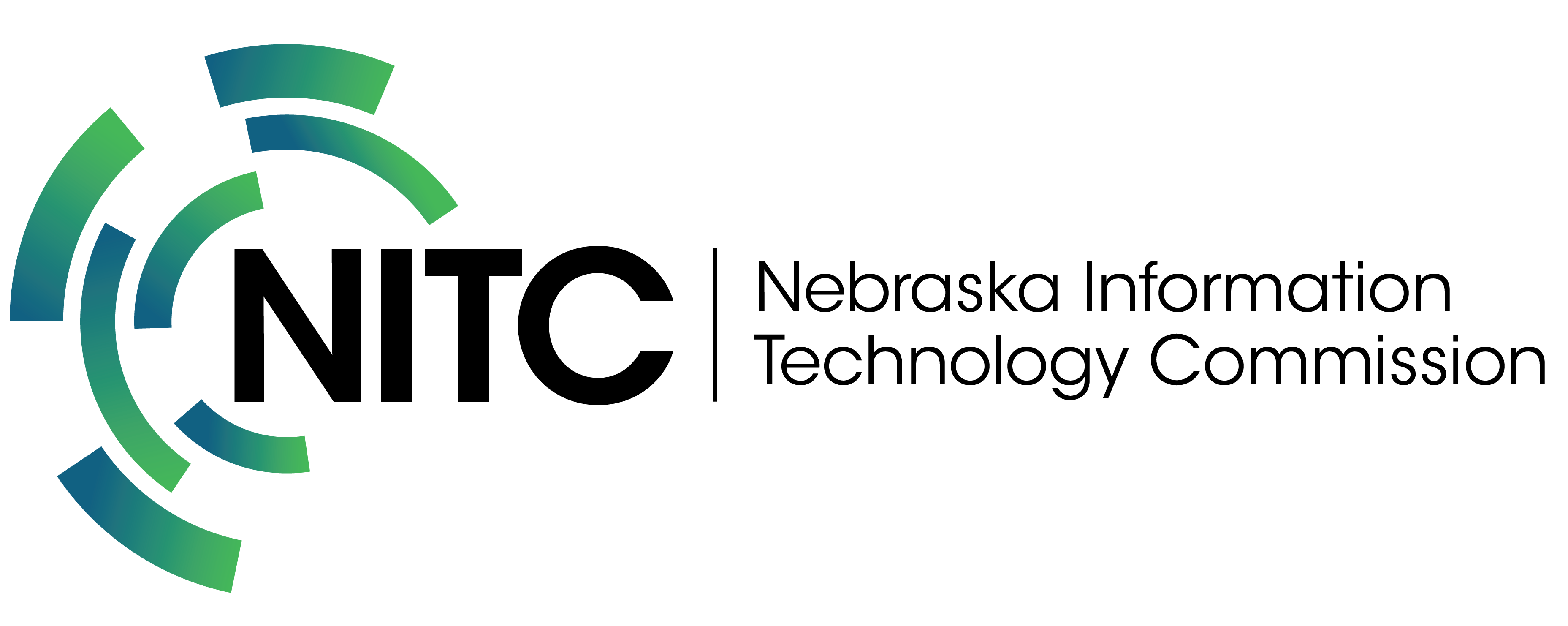Lincoln leverages public-private partnerships to become Smart Gigabit Community
By Anne Byers, Nebraska Information Technology Commission
The City of Lincoln has accelerated the deployment of broadband through the innovative use of public-private partnerships. Within 5 years, the City of Lincoln has parlayed a $700,000 investment to build a fiber conduit system downtown into an additional $600,000 a year in revenue, over 400 new jobs with $20 million in new annual salaries, over $200 million in private investment, and over 1,000 miles of public and private fiber installed. The number of carriers has grown from two to eleven. Support from Mayor Beutler, the city council, and the business community has been critical to the project’s success. “Public-private partnerships are the best model to attract new carriers and investment,” said David Young, Fiber Infrastructure and Right of Way Manager for the City of Lincoln.
The Lincoln Broadband Project initially addressed business class services. The lack of affordable access to business class broadband as well as the lack of competitive access to regional and international broadband providers led the City of Lincoln to partner with the Lincoln Partnership for Economic Development (LPED), Downtown Lincoln Association (DLA), Lincoln Chamber of Commerce and Unite Private Network to invest $700,000 in a downtown broadband conduit system.
When the project was announced in February of 2012, Mayor Chris Beutler stated: "In this century, telecommunications fiber has taken its place next to roads as key infrastructure for the promotion of economic growth and job creation. As Mayor, my goal is keep Lincoln among the most competitive economies not only in Nebraska, not only in the United States, but the entire world. Today's announcement will stamp Lincoln, Nebraska as a national leader in critical communication infrastructure and further our goal of being a city that can compete with anyone, anytime, anywhere. It will be a game changer."
The City of Lincoln has partnered with private companies to invest in competitive broadband services with NebraskaLink signing the first contract to utilize the city’s conduit system in February of 2013. The City also partnered with local engineering firms and contractors to connect every downtown building to the conduit system, with expected completion of the project in 2018.
The City’s investments in business class broadband led to investments in residential broadband in 2015 with Allo Communication’s agreement to lease space in the city-owned conduit network to provide residential service. As part of the agreement, Allo Communications agreed to make service available to every resident by 2019 and to provide broadband service at a minimum speed of 100 Mbps. The agreement also prohibited blocking, throttling, paid prioritization or data caps. The City is investing $500,000 per year over four years to fund maintenance and upkeep on the city-owned conduit system. The conduit lease agreement stipulates that Allo will pay an infrastructure support fee of $3 per customer per month. The agreement will not result in increased taxes or a bond to cover the costs.
According to the agreement, government buildings will receive service of 1-10 Gigabits per second at no charge. ALLO will also provide 1 Gbps service to 500 traffic lights for a one-time installation charge and no recurring charge.
The agreement also includes provisions to address the digital divide with Allo agreeing to offer a low cost service of 20 Mbps for $45 per month and a 15% discount off this service for those who meet the requirements of the FCC’s Lifeline program. A broadband adoption grant awarded to Allo and Lincoln Public Schools (LPS) from the Nebraska Public Service Commission will further discount the low cost service to between $10 and $15 per month for low-income families with children in LPS who are receiving a digital device from LPS. Additionally, Allo has agreed to provide service to up to 75 non-profits for free.
Three contracts govern the construction of the system: a broadband franchise (the first of its kind in Nebraska), a cable franchise and a conduit lease agreement. The contracts are available from the City of Lincoln’s website at Lincoln.ne.gov (keyword: fiber).
Improving wireless broadband is the third leg of the Lincoln Broadband Project. The City of Lincoln in partnership with Allo, will install free public Wi-Fi in the downtown area. The City is also working with carriers on plans for small cell light pole placements to increase cellular network capacity, quality and resilience. In December 2016, Verizon and the City of Lincoln reached an agreement that Verizon will place 30 small cells on specially made poles that will hide the equipment. Verizon will pay a $1,500 permit fee per pole to cover city review expenses and will pay $1,995 per pole annually. Two additional carriers, Mobility and Extenet, have also entered into similar agreements. The city anticipates having 100 small cell light pole placements by 2018 and 400 placements by 2022. Backhaul will be provided by one of the carriers utilizing the city’s conduit system.
Smart Gigabit Community and Beyond
The City of Lincoln has also been focusing on applications that run on gigabit networks. On November 29, US Ignite announced that Lincoln, Nebraska has been recognized as a Smart Gigabit Community, joining 23 other progressive communities across the United States. Smart Gigabit Communities have invested in gigabit infrastructure and are focused on developing smart gigabit applications that address local and community needs in areas such as education, agriculture, workforce development, public safety, community health, energy and transportation. The project is funded via a three-year, $6 million grant from the National Science Foundation (NSF) to create a network of cities employing a common approach to foster a gigabit application ecosystem.
“Bold ideas, like Ignite-Lincoln and the Lincoln Broadband Project, are fuel for innovation and progress,” said Lincoln Mayor Chris Beutler. “This public-private partnership creates the digital infrastructure that gives our entrepreneurs and students high-speed internet, supercomputer access to researchers and other innovators across the nation to build next-generation technology.”
The grant will provide access to a 10 Gbps network to allow researchers and developers to access supercomputer resources at the Holland Center from the Fuse co-working center and set up Gig applications. Grant partners include UNL, the City of Lincoln and four other partners.
Other projects are in the works, including grant applications for a wireless sensing project and the development of an autonomous vehicle test bed in downtown Lincoln. For more information about the Lincoln Broadband Project, please email: dyoung@lincoln.ne.gov .
For more information on working with a telecommunications provider, check out Allo's checklist for communities.

